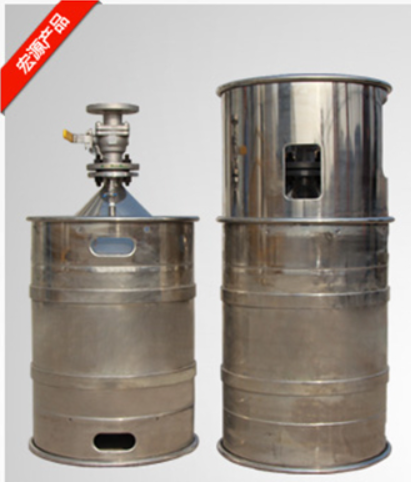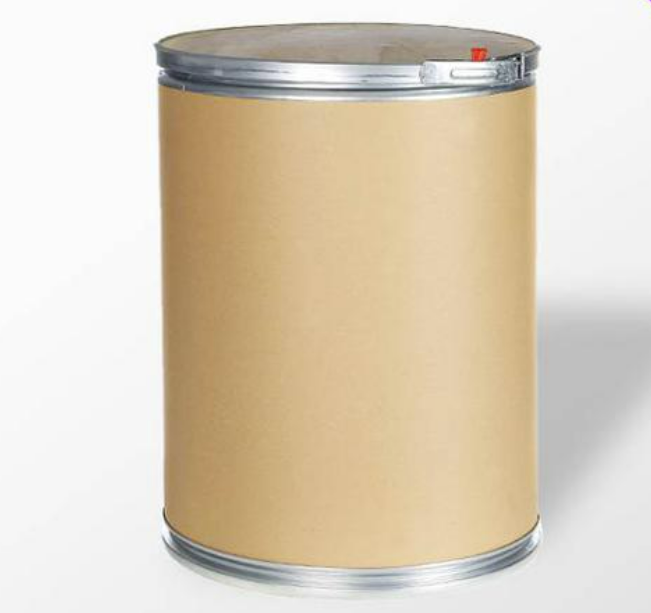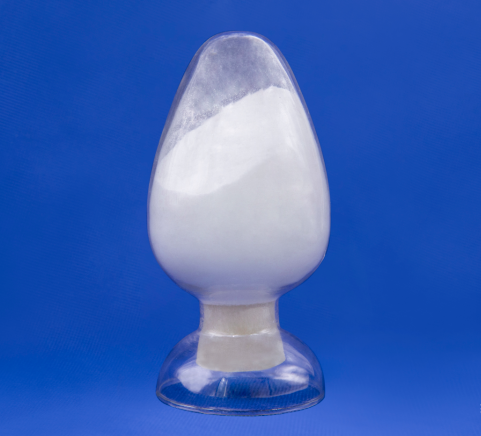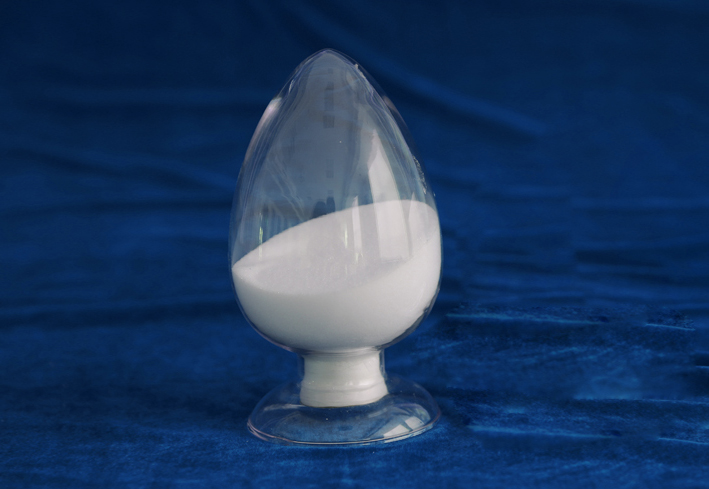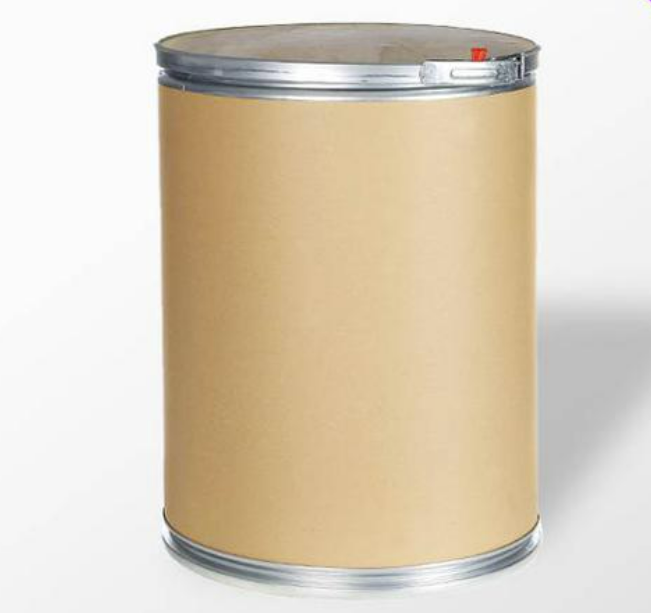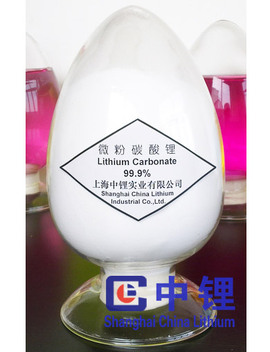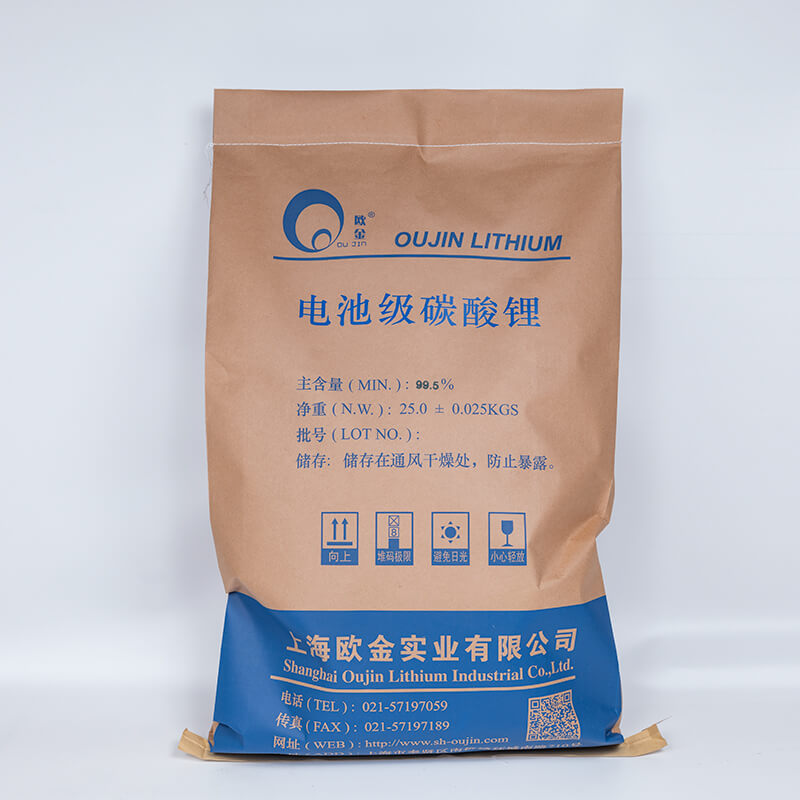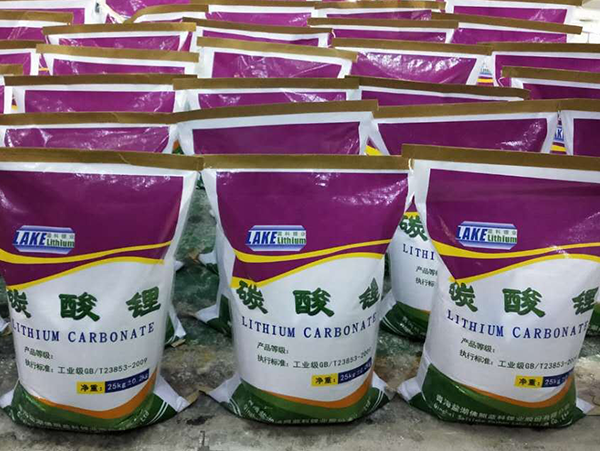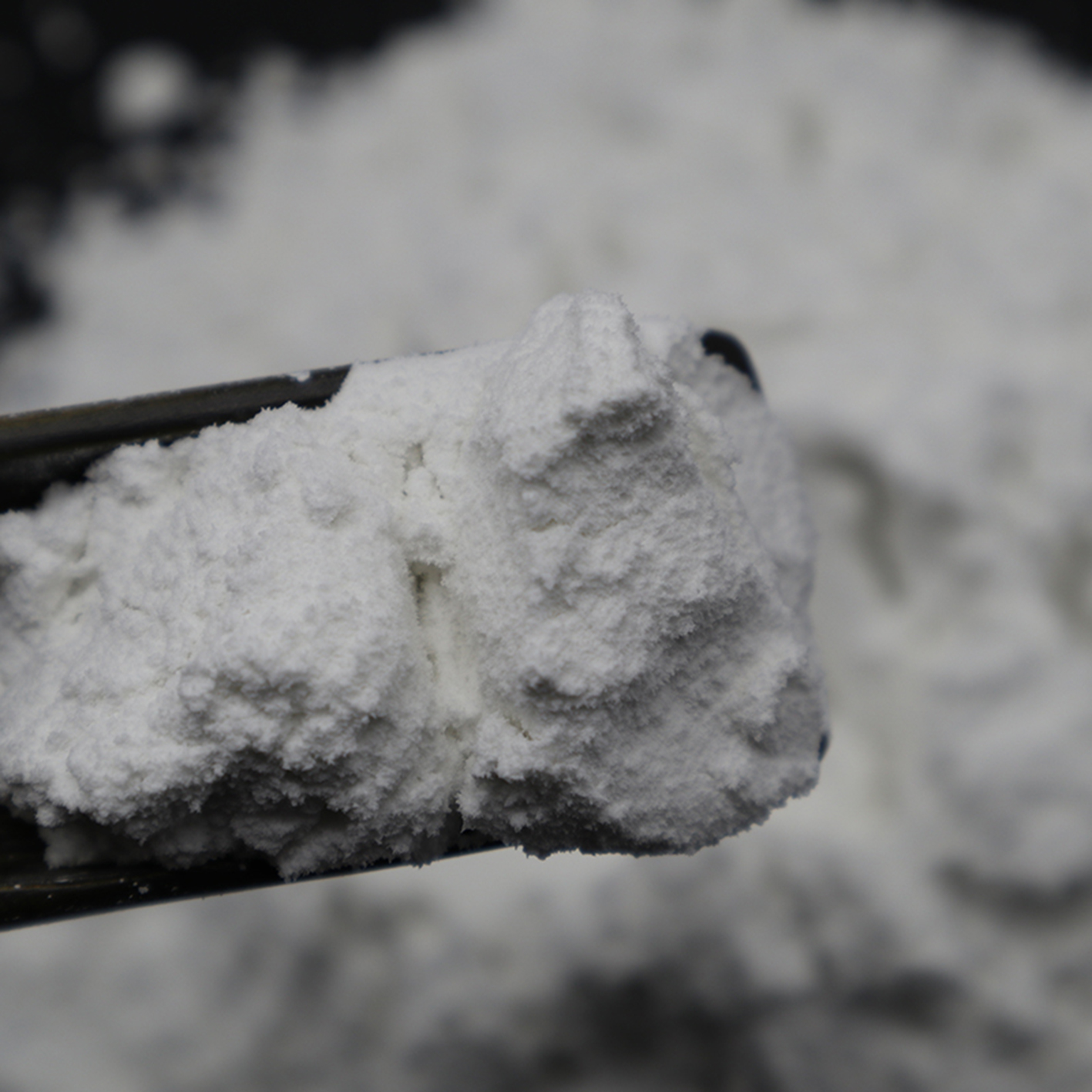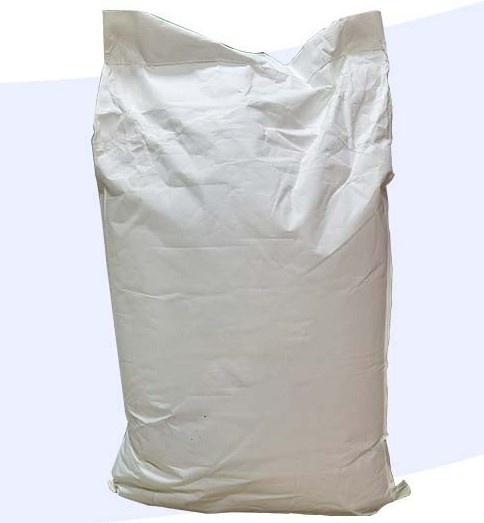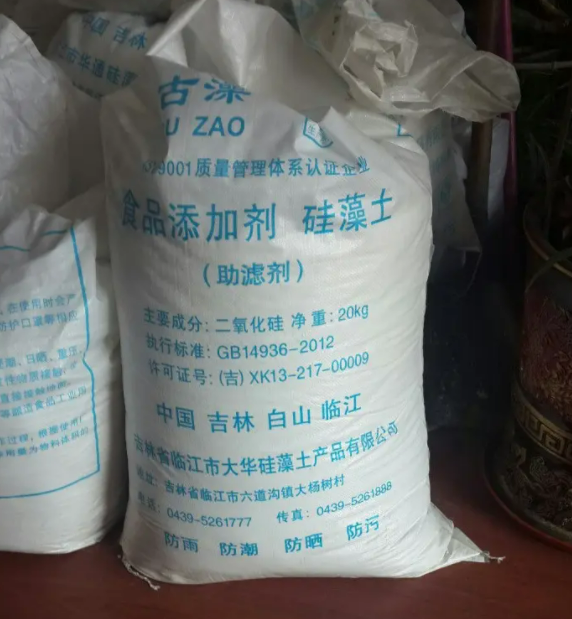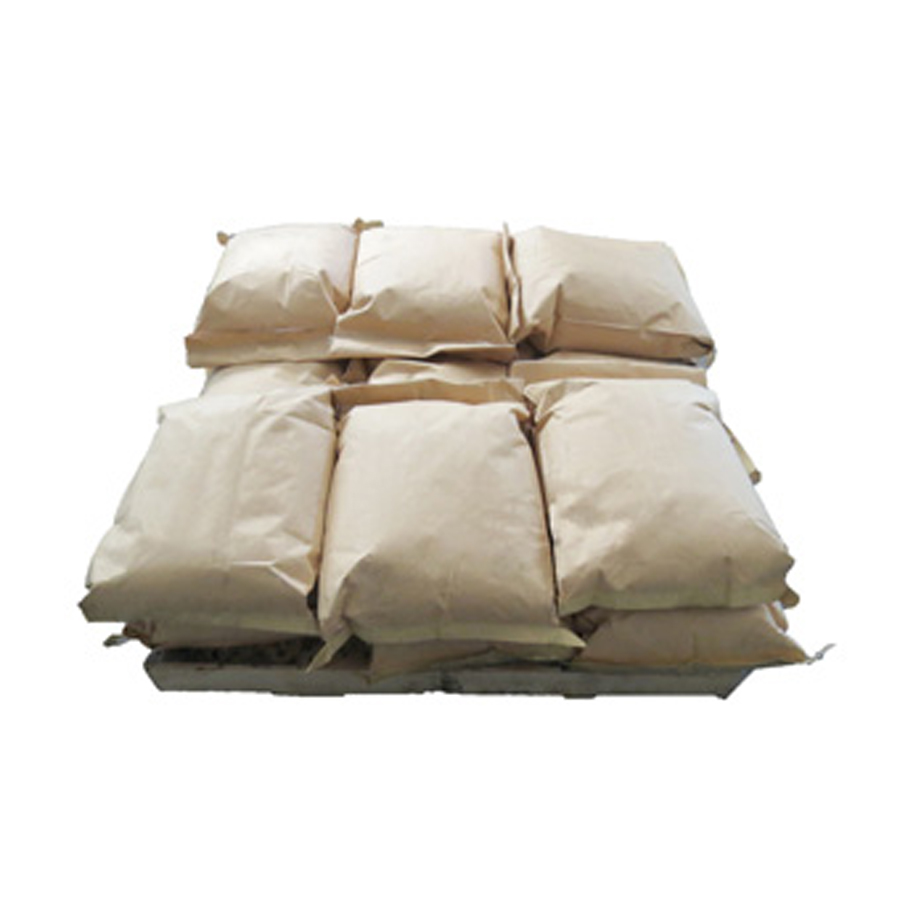Inorganic Chemicals
Find
664
related chemicals for you
CAS:21324-40-3
Molecular Formula:F6LiP
Alias
More Information
Lithium,Hexafluoroposphate; LiPF6; Lithium Hexafluorate; Lithium Hexafluorphosphate; Lithium Hexafluorophosphate; Lithium Phosphorus Fluoride; Lithium Hexaflurophosphate; Lithium Fluorophosphate; Lithiumhexafluorophosphate
Brief Introduction
White crystal or powder, relative density 1.50. Deliquescence is strong; It is easily soluble in water and also soluble in organic solvents such as low concentration methanol, ethanol, acetone and carbonate. Decompose when exposed to air or heated. When exposed to the air or heated, lithium hexafluorophosphate decomposes rapidly in the air due to the action of water vapor, releasing PF5 and producing white smoke. Lithium hexafluorophosphate is mainly used as electrolyte material for lithium ion battery. Lithium hexafluorophosphate electrolyte is mainly used in the manufacture of lithium ion batteries.
Suppliers
View More Vendors (4) >
CAS:554-13-2
Molecular Formula:Li2CO3
Alias
More Information
Eutimin; Priadel; Phasal; Litard; Plenur; Lithea; Limas; Liticar; li2co3; Lithane; Dilithium;Carbonate
Brief Introduction
Lithium carbonate (Li2CO3) is a colorless to white crystal, which is soluble in water, but has poor solubility. It is used for the treatment of mental illness, and is mostly used for the treatment of mania.
Suppliers
View More Vendors (4) >
Alias
More Information
Dioxosilane; Diatomite; Diatomaceous Earth; Diatomaceous Silica, Kieselguhr; Silicon Dioxide; Silica; Filter cel; Quartz; Diatomaceous Earth DZ-300
Brief Introduction
Diatomite is a powder made of sedimentary soft rock. This rock is rich in silica and comes from fossil algae. Tiny aquatic organisms called diatom fossil residues gather in the sediments of lakes, streams, rivers and oceans.
Suppliers
View More Vendors (3) >
CAS:7439-98-7
Molecular Formula:Mo
Alias
More Information
Molybdenum Powder; Molybdenum; Molybdenum, Lump; Mclybdenum Powder; Molybdenum wire; Nano Molybdenum Powder; Molybdenum Block; Molybdenum mesh; Molybdenum Sputtering Target; Moly; Mo
Brief Introduction
It is used as hot hydrogen generator, gel propellant, combustion activator, catalyst, water clean adsorbent, sintering activator, etc.
Suppliers
View More Vendors (3) >
CAS:7631-86-9
Molecular Formula:O2Si
Alias
More Information
Silica; Quartz; Aerosil; Dioxosilane; Glass; Diatomaceous Earth; Cristobalite; Tridymite; Silicon Dioxide food Grade; Precipitated Silica; SiO2; Aerosil Powder; Silica Precipitated; Si02
Brief Introduction
Silica is the most abundant of all minerals. Silica in nature is called silica, which accounts for about 12% of the total weight of the earth's crust. There are three different crystal forms of silica: quartz, scaly quartz and cristobalite. Quartz is the most stable at room temperature and the other two are stable at high temperature. They also exist at room temperature because of their slow transformation into quartz.
Suppliers
View More Vendors (3) >
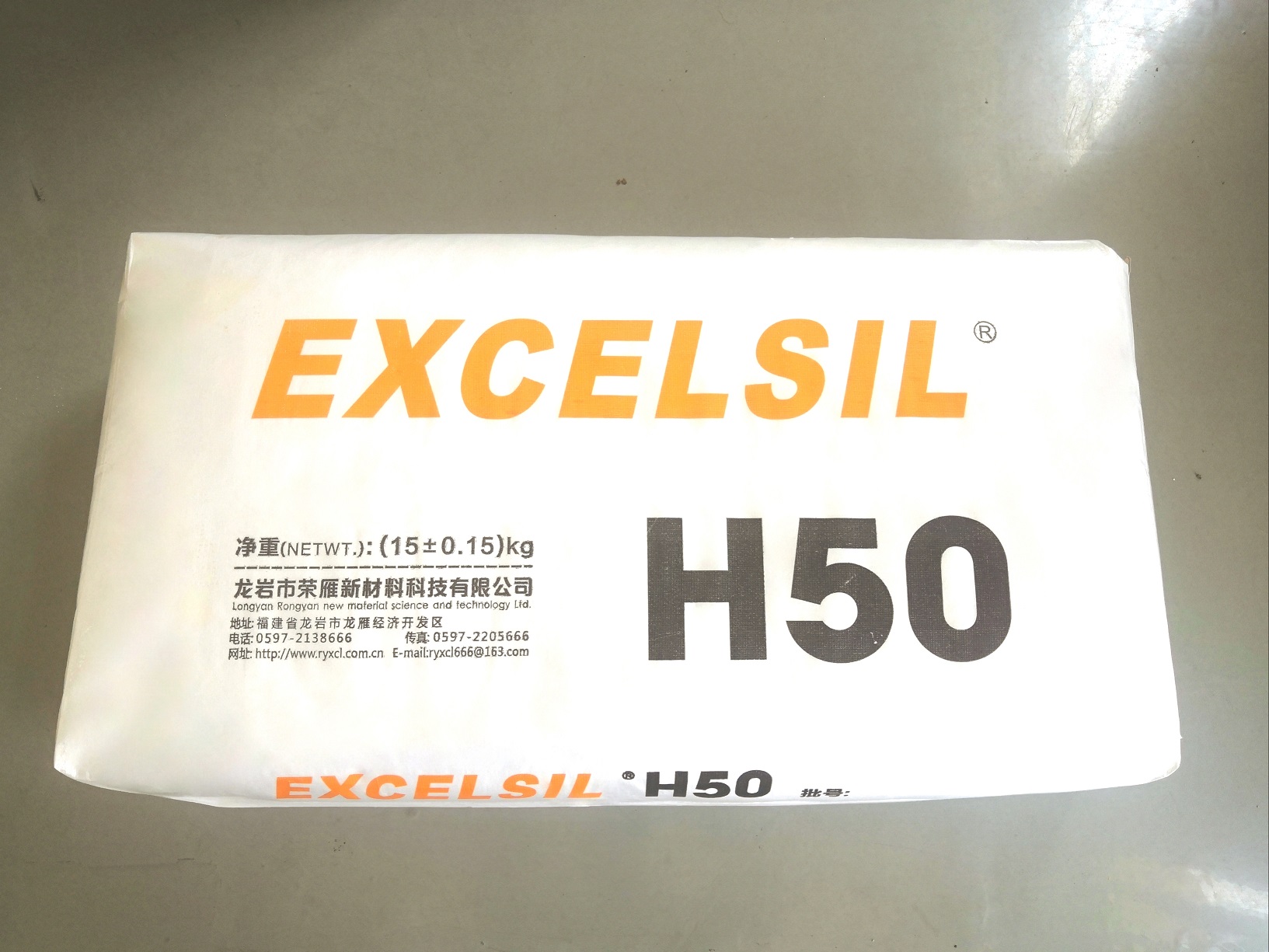
Mainly used for rubber
/
Tech Grade
15kg
/
Paper Bag
Inquiry (
10
/ 10
)
Clear All
You can inquire for up to 10 products at a time
Sign In
Error!

